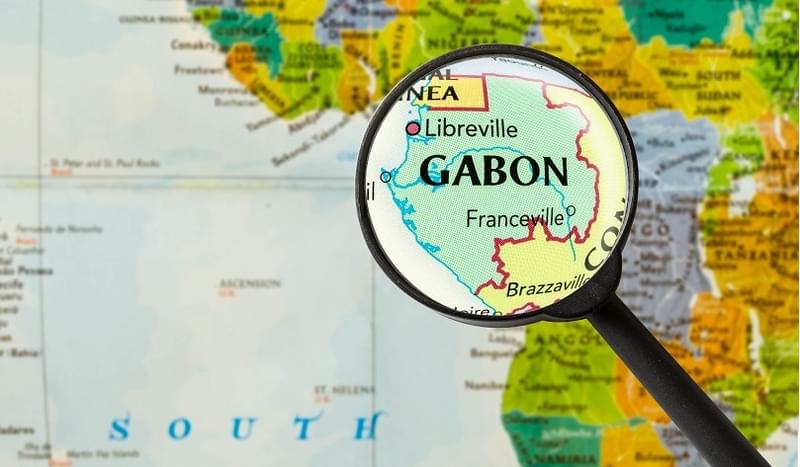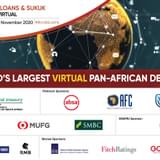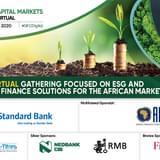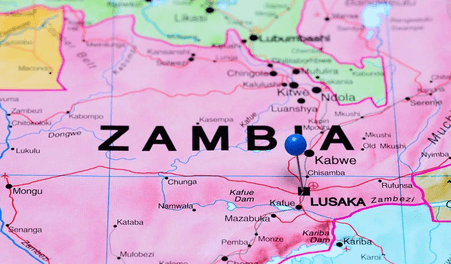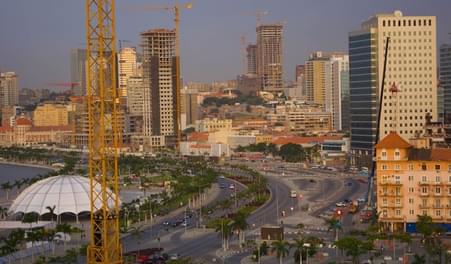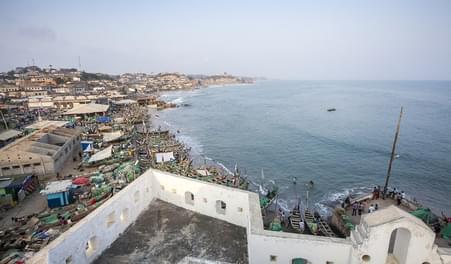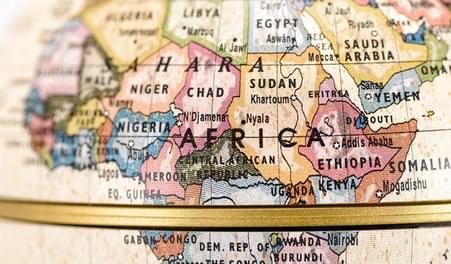With over a decade of investing in the Sub-Saharan African (SSA) space as a native French speaker, it has always been interesting for me see the differences in perception and trading of African Francophone, Anglophone, and Portuguese-speaking nations. Clearly the Anglophone countries, due the ubiquity of English, seem largely to be better known by investors, while the Francophone countries seem to lag behind on that front, mostly due to lack of available data.
Consequently, as we know, it is easier to dismiss developments in areas we feel uncomfortable or less familiar with, than to try and work a way around them, especially when, for many investors SSA, those allocations form a small part of their investment portfolio or constitute an off-benchmark play. While the likes of Ivory Coast and Senegal appear to be better known to the investor community, others like Cameroon, Gabon, and the Republic of Congo tend to fly under the radar more often than not.
Gabon is an interesting case to consider given the above. Normally, when featured in the press, it tends to get more negative treatment – for instance, the violence that followed the hotly contested elections.
Having said that, things are not always as they initially appear. Given the country’s treatment in the media, it would be easy to believe that Gabon has been subject to nepotism, a classic African cliché, when the country’s current president Ali Bongo took over from his father following his sudden demise.
What most probably don’t know was that to many local people in Gabon, Ali was not the natural “heir apparent” waiting in the wings for the opportunity; simply put, he was more politically shrewd and was able to push himself to the top. One has to bear in mind that, while Gabon is big in terms of landmass, it is a relatively scarcely populated country.
Ali Bongo broke many more of the traditional bonds that were established by or under his father’s presidency, so he did not draw the unanimous support of the well-established families. Further, Ali Bongo has also in recent months started to cut down on excessive spending, even expenditure on his own family members – again, aspects not widely known outside of the country.
Nevertheless, it is clear the current the current economic environment, plagued by flatlining oil prices, is putting increasing pressure on the country – often referred to as the “Kuwait of Africa” – even as its growth remained elevated versus its peers in 2016, at an estimated of 3%.
Public sector salaries have put a huge strain on the country’s public finances, accounting for an estimated 34% of government revenues for 2016, for a total of 105,000 employees (as of 2015); to put this in perspective, the country’s total population sits at just over 1.8 million. The country also ran up substantial local arrears, generated by the elections and the 2017 African Cup of Nations that was held in the country.
It has a long way to go, but there are reasons for optimism. It is impossible to speak of a country like Gabon, part of the CEMAC region (which includes: Cameroon, Central African Republic, Chad, Equatorial Guinee, Gabon and the Republic of Congo), without speaking of the CFA peg to the French Franc, the euro – or the French Franc if Marine Le Pen were to win the French elections and have her way.
The regional CEMAC meeting with the heads of state in December 2016, including the French Finance Minister and Christine Lagarde of the IMF, saw much talk of these countries’ need to reform their economies and cut spending. It was largely agreed that unless stringent cuts in fiscal spending are pushed through, there will likely remain a real risk of a CFA devaluation, which would come with significant political costs for any of the CEMAC leaders.
Contrary to the likes of Republic of Congo and Equatorial Guinee, Gabon only drew down US$1.1bn of its FX reserves since November 2014. While this is substantial, the largest draw down in reserves – from US$15.1bn in November 2014 to US$5.9bn in August, held at the regional Central Bank BEAC – came from Equatorial Guinee and Republic of Congo, according to Standard Chartered Bank research.
In December 2016, we predicted that Gabon would most likely be seeking financial support from the likes of IMF, World Bank, and African Development Bank (AFDB). There is no need to restructure its debt, like Mozambique for instance, as the country’s debt remains at acceptable levels at an estimated 50.1% of GDP for 2016, as per IMF figures. But, continued pressures exerted from twin deficits will gradually push the local authorities to seek out concessional borrowing.
As a consequence, Eurobond yields for both the bonds maturing 2024 and 2025 should compress, which would be considered a credit enhancement, coupled with, hopefully, a higher degree of transparency, another credit positive, as there would be contingent conditions and subsequent criteria assessments administered by these organisations. At the start of December 2016, the sovereign’s Eurobond maturing 2024 yielded 8.6% as per Bloomberg data.
In line with our expectations, Gabon received €200mn from the AFDB budget support package, with a total package of €500mn in early January 2017 – for a US$13.5bn economy. Considering the price movements in the Eurobonds for Gabon, the market seems to have omitted that news.
March also saw reports that the Gabonese authorities have initiated discussions with the IMF over a possible financial arrangement. The IMF details will become clearer over the coming weeks.
The country’s quota at the IMF is SDR154.3mn, or US$208.7mn, so, bearing in mind that the IMF has a history of lending up to 400% or more of a country’s quota if need be – and normally there is additional concessional lending from other institutions unlocked once an IMF deal is locked in, which could double the amount disbursed by the IMF. On the back of those negotiations Gabon’s Eurobond maturing 2024 was yielding 6.7%, according Bloomberg.
The country has one Eurobond maturing in December 2017, however, over the years, Gabon has already repaid the majority of the outstanding amount, leaving just US$161.239mn to be redeemed. Bearing in mind the AFDB, as well the potential loan package from the IMF, the repayment of this year’s Eurobond should not constitute any major concern.
The developments in Gabon, in terms of financial support, may very well foreshadow what we could see across the whole CEMAC region which, in line with some of the ministerial talks that were held following December’s CEMAC meeting, may see a shift away from more expensive commercial debt towards secured lending on concessional terms. That Cameroon had approached the IMF for concessional funding as well only cements that thesis all the more.
This article should not be considered investment advice and is solely for information purposes only. The views contained within this article represent the opinions of the author.
